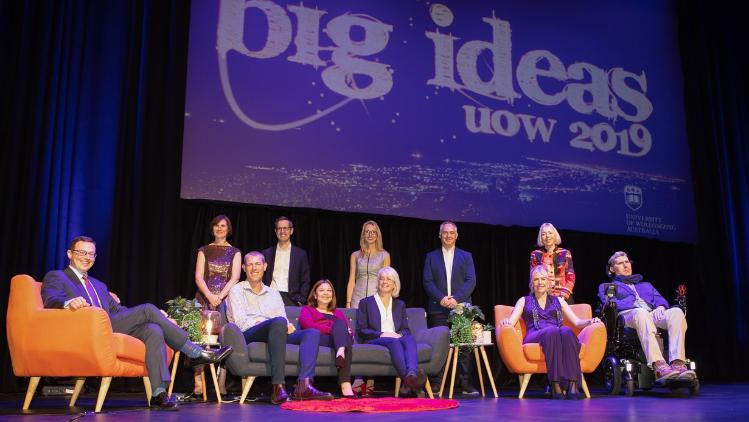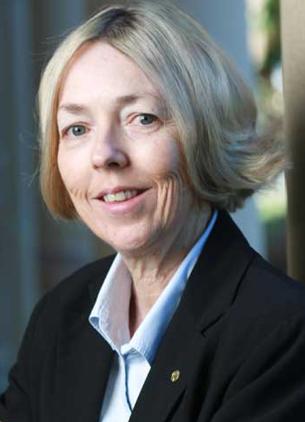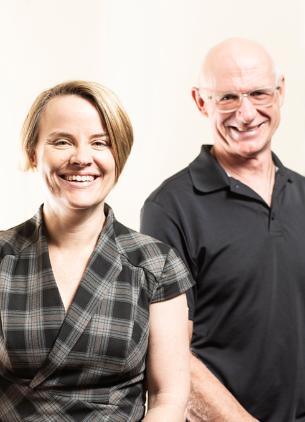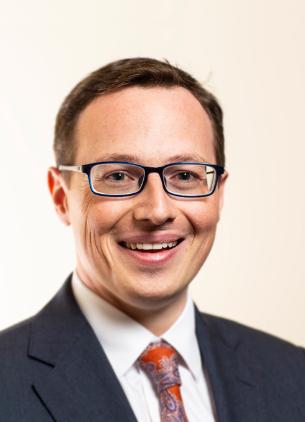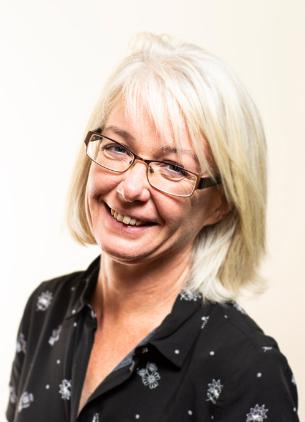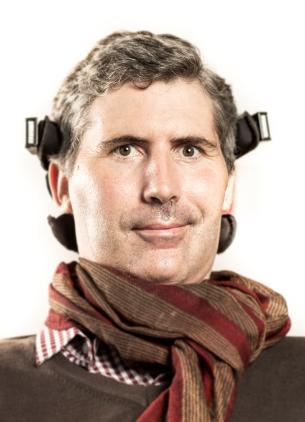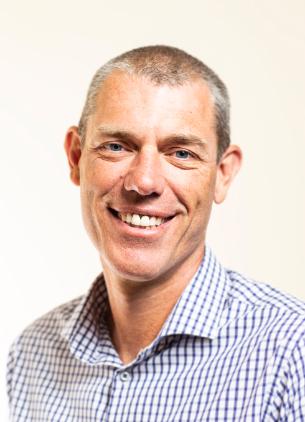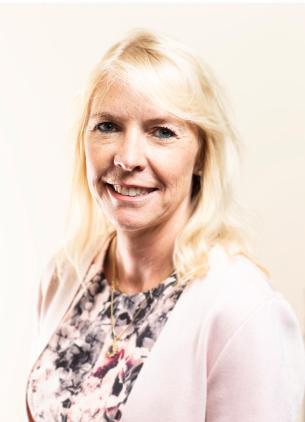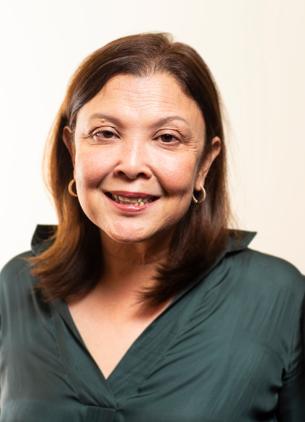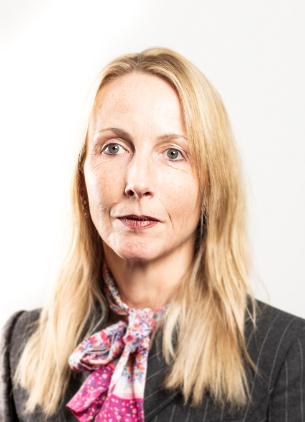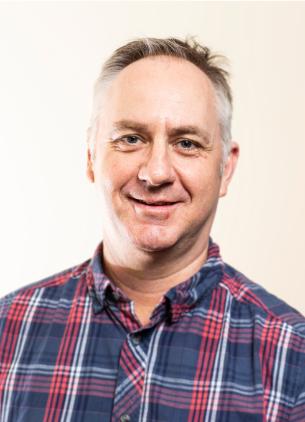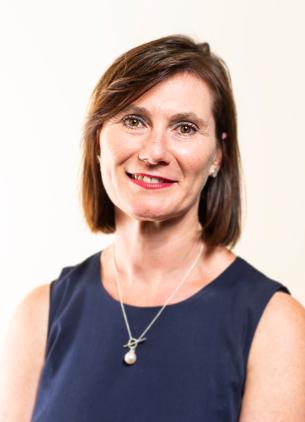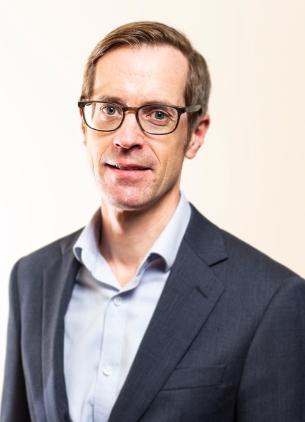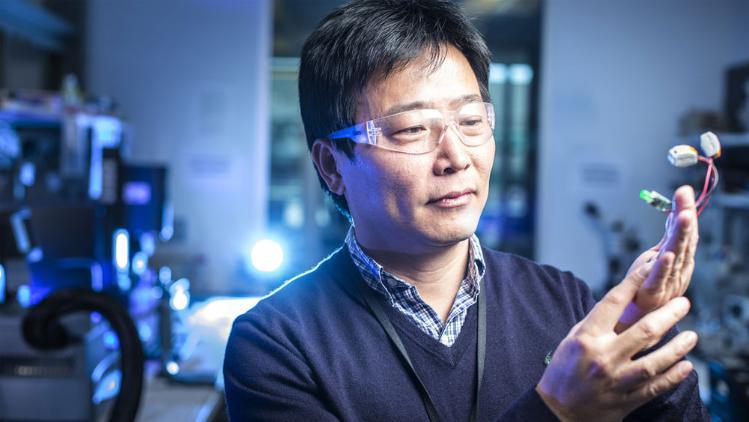2019 festival highlight video
Festival highlights coming soon
Speaker presentations
Em. Professor Maree Smith AC | University of Queensland | "Unmet medical need driving pan-killer discovery"
In Australia, one in five adults suffers from chronic pain with the prevalence rising to one in three for people aged 65 years and older. Examples of chronic pain are nerve pain, osteoarthritis pain and chronic low back pain. Nerve pain is particularly problematic as the anti-epileptic and anti-depressant medications recommended for treatment of nerve pain are often ineffective or they produce dose-limiting side-effects such as drowsiness and dizziness.
In the past two decades, there has been a huge global research effort aimed at identifying key proteins in the pain signalling pathway that either amplify or reduce pro-pain signalling in the body. Drug discovery scientists then design new molecules to modulate these proteins and so produce pain relief. To date, most new molecules that showed promising pain relief in animal models of nerve pain failed to produce adequate pain relief when progressed into clinical trials in patients with nerve pain. In this presentation, I will talk about an exception, called EMA401, that not only alleviated nerve pain in animal models but it also alleviated nerve pain in patients suffering from a particularly debilitating form of nerve pain called post-herpetic neuralgia that may develop as a longterm complication of the shingles and that is very difficult to alleviate adequately.
Watch Maree's UOW Big Ideas presentation
Professor Justin Yerbury | Faculty of Science, Medicine and Health | "An infectious idea: How protein folding drives MND progression"
Professor Justin Yerbury and his team are changing the way scientists understand disease progression and their work has contributed to a paradigm shift in the understanding of Amyotrophic Lateral Sclerosis (ALS), the most common type of motor neurone disease (MND), and for which there are no current effective therapies. Professor Yerbury’s team hopes to change that and the impact of the work he and his team have done is being felt globally, across several fields, and is feeding the development of therapeutic strategies by industry.
The Wollongong based team has made a number of significant discoveries: They were one of the first to show that ALS associated aggregates could transfer cell to cell and propagate pathology; they were the first to show that human motor neurons could actively take up protein aggregates made from SOD1 or TDP-43; and they pioneered a new field that has shown that misfolded and aggregated protein can be propagated cell to cell, explaining the focal onset and regional spread of symptoms in MND. Their recent unpublished work demonstrates that misfolded protein injected into mice can cause MND. The next phase is to find out whether their work holds true in human MND by testing therapeutics in clinical trials
Watch Justin's UOW Big Ideas presentation
Professor Millicent Chang | Faculty of Business | "Finding financial literacy to understand superannuation"
Compulsory superannuation in Australia means that every worker is an investor and that superannuation is essentially self managed retirement. Few non-professional investors though have the financial literacy to fully understand their superannuation and investments. Professor Millicent Chang wants to change that and says that with some knowledge and awareness of human behaviour under your belt, non-professional investors (or mum and dad investors) can make rational and sound investment decisions.
In her presentation, Professor Chang will use superannuation as an example to help people understand the pros and cons of self managed super, whether to stick with default options or not, market returns versus excess returns, ethical investing, fees and biases in trading behaviour.
Watch Millicent's UOW Big Ideas presentation
Professor Heath Ecroyd | Faculty of Social Sciences | "Educating the masses: higher education access for all"
Professor Heath Ecroyd’s big idea is to develop a drug to treat debilitating neurodegenerative diseases such as Parkinson’s disease (PD) and Amyotrophic Lateral Sclerosis (ALS), a form of Motor Neurone Disease. The financial, emotional and social cost of these diseases to our community is enormous. Two people are diagnosed with ALS and thirty two with PD each day in Australia. Debilitating, progressive and incurable; that is the devastating prognosis currently faced by those diagnosed with these diseases.
The new drugs developed by Professor Ecroyd will target a key pathway that normally plays a vital role in protecting cells from the stress caused by changes in their environment. Professor Ecroyd intends to use drugs to boost this pathway and, in doing so, inhibit the molecular processes that underpin the onset and progression of these neurodegenerative diseases.
Watch Heath's UOW Big Ideas presentation
Professor Sarah O'Shea| Faculty of Social Sciences | "Educating the masses: higher education access for all?"
Professor Sarah O’Shea argues that if higher education institutions invite and encourage learners from all types of backgrounds into university then each has a moral obligation to ensure this open door policy does not become a revolving one. Over a five-year period, Professor O’Shea has interviewed more over 600 students and family members from all walks of life to determine what drives people to study (often despite challenging circumstances) and what success means to them. While some argue that access to a university is a cornerstone of equality -- offering the possibility of economic or social mobility, others argue this open access may translate into lower academic standards with an employment market flooded with poorly equipped graduates. But what does this access mean for the students themselves?
What is the student experience and does it always equate to an equality of opportunity? Professor O’Shea’s research is shedding light on these questions. Her end goal is to inform institutional decisions and policy in order to improve the student experience, particularly for students from low socio-economic status backgrounds, Aboriginal and Torres Strait Islander students, those from rural and remote areas, and other cohorts known to be at-risk of early departure from university such as first-in-family students, second chance learners, and wholly online students.
Watch Sarah's UOW Big Ideas presentation
Professor Thomas Astell-Burt | Faculty of Social Sciences | "Health grows on trees"
Professor Thomas Astell-Burt is using big data to investigate how urban greening can help us stay healthier, happier and out of hospital. Urban greening is recognised as beneficial but further research is needed to strengthen the message and to determine exactly what type of canopy and environment has the highest return on investment. Professor Astell-Burt’s research has already found that having between 20 and 30 per cent of the local walkable area occupied by tree canopy is associated with improved mental health, healthier sleep, less heart disease, less hypertension and less type 2 diabetes.
This work has been cited by the World Health Organization, consulted by policymakers and translated into policy, including by Wollongong City Council for its Urban Greening Strategy 2017-2037. The professor says strategic investments could improve the environment in which people live and this would have particular benefits for socioeconomically disadvantaged communities by helping drive improvements in community health and wellbeing. The flow-on effect could include improved educational attainment, increased productivity at work, reduced healthcare costs and local action on climate change.
Watch Thomas's UOW Big Ideas presentation
Professor Karen Charlton | Faculty of Science Medicine and Health | "The colour purple: Foods for better brain health"
Professor Charlton is curious about the power of bioactive compounds and whether the deep red, purple and blue pigmentation found in some plant foods (think cherries) can help combat memory loss and weakened verbal fluency in older adults with mild-to-moderate dementia. While there’s plenty of evidence showing certain foods can help prevent particular types of disease, whether the purple-ish bioactive compounds found in some foods (known as anthocyanins, a type of flavonoid, which is an antioxidant) can stop the progression of brain dysfunction in people with early stage dementia has never been properly investigated.
Forty-seven million people worldwide have dementia and that figure is projected to triple by 2050. In Australia, almost half a million people live with dementia and it’s the leading cause of disability in adults over the age of 65. Despite intensive efforts by scientists and clinicians to-date, an effective preventative measure or treatment remains elusive. Professor Charlton’s endeavour for dietary approaches to better brain health is also an attempt to cut through the hyperbole surrounding food and fad diets and provide people with scientific information about food for health.
Watch Karen's UOW Big Ideas presentation
Professor Michael Higgins | Australian Institute for Innovative Materials & Intelligent Polymer Research Institute | "Watching movies of single molecules in actions"
Professor Michael Higgins is working on the development of material surfaces to prevent cell adhesion for biomedical and industrial applications. The overriding theme of his work is biological interactions with materials. Professor Higgins is applying his research in a range of fields with various partners: he’s developing antimicrobial coatings for health and medical products.
3D computer animations are used to visualize molecular machines at work, because we can’t see them any other way. Recent advances in microscopy however are now giving us unprecedented ability to directly see the structure of single molecules but also their movement and how they interact with one another. Prof Higgins is using this capability to probe the interactions between biological systems and artificial materials, which has potential to impact on applications such as biomaterials for tissue engineering, blood contact device coatings, antifouling coatings and antibacterial polymers.
Watch Michael's UOW Big Ideas presentation
Professor Victoria Traynor | Faculty of Science, Medicine and Health | "Clarifying the confusion: Empowering nurses to detect delirium among older people"
Professor Victoria Traynor is on a mission to help nurses further develop the high level skills they use in assessing and treating complex conditions such as delirium. Delirium is a medical condition that presents as acute and sudden confusion. Someone with delirium will be agitated and hypersensitive, perhaps also withdrawn and unresponsive. It is most commonly experienced by older people and young children and is caused by a physiological or psychological imbalance that can be caused by a range of complications, including untreated infection, dehydration, insomnia, uncontrolled pain, or social isolation.
Effective delirium care requires nurses to be diligent, observant and able to identify almost mundane changes in an individual as a sign of delirium. Treatment involves being able to identify the cause as well as the ability to reduce the agitation caused by delirium. Dr Traynor has spent more than a decade working to better equip nurses with the skills they need, developing policies and protocols adopted by the Australian Government, public hospitals and private healthcare organisations, to prevent as well as manage delirium in patients.
Watch Victoria's UOW Big Ideas presentation
Professor Marijka Batterham | Faculty of Engineering and Information Systems | "Using data mining to help people loose weight"
Professor Marijka Batterham says data mining may be able to help us determine the characteristics of people who drop out of weight loss trials and programs, or who has been unsuccessful in losing weight, and therefore can help us design better diets. Professor Batterham began her dig into weight loss intervention programs in 2013. After analysing a collection of weight loss programs, she found the most successful participants lost weight rapidly initially, had a higher initial body mass index, and maintained the weight loss for the rest of the study. The least successful participants were those who slowly lost weight initially. These participants were more likely to drop out. The more successful participants were older and more likely to be retired.
Investigating this further we showed that those losing less than 2 per cent in the first month of the study were five times more likely to drop out, those below the age of 50 were two times more likely to drop out. Overall, Professor Batterham has determined that the first month of weight loss intervention is crucial for determining who will be successful and who will drop out of the trial regardless of the type of program the person is on. Obesity is a major health problem worldwide and is especially prevalent in Australia where 67 per cent of adults are overweight or obese. Attrition from weight loss trials is a major problem; Professor Batterham expects that greater understanding of the characteristics of those who tend to drop out of diet programs may help practitioners target these people and develop more intensive tailored programs to improve outcomes.
Watch Marijka's UOW Big Ideas presentation
Professor Theo Farrell | Faculty of Law, Humanities and the Arts | "Talking to the Taliban - The path to peace in Afghanistan"
Professor Theo Farrell has held three sets of talks with senior Taliban figures (in 2012, 2013 and 2016) and believes talking, negotiating, is the only way to end the war in Afghanistan. In collaboration with Professor Michael Semple of Queen’s University Belfast and funded by the UK Economic and Social Research Council (ESRC), Professor Farrell has met with the Taliban in an effort to understand the shape of a possible peace deal and explore potential options for conflict de-escalation.
The pair also sought to open a channel of communication between the Afghan Taliban and the highest levels of US and UK governments, who had struggled to understand the internal politics of the Taliban and the path that could lead to a comprehensive peace deal, particularly following a 2011 US policy change in support of a possible peace deal with the Taliban. Professor Farrell has also helped bring the Taliban and Afghan government officials together to design a ceasefire, and thereby to demonstrate the potential for conflict de-escalation. In 2019, the US-Taliban peace talks have made progress and a draft agreement has been reached. The next stage is for Afghan to Afghan peace talks, which will undoubtedly prove more complex, but it has the potential to end a conflict that has claimed almost 150,000 lives since 2001.
Watch Theo's UOW Big Ideas Presentation
